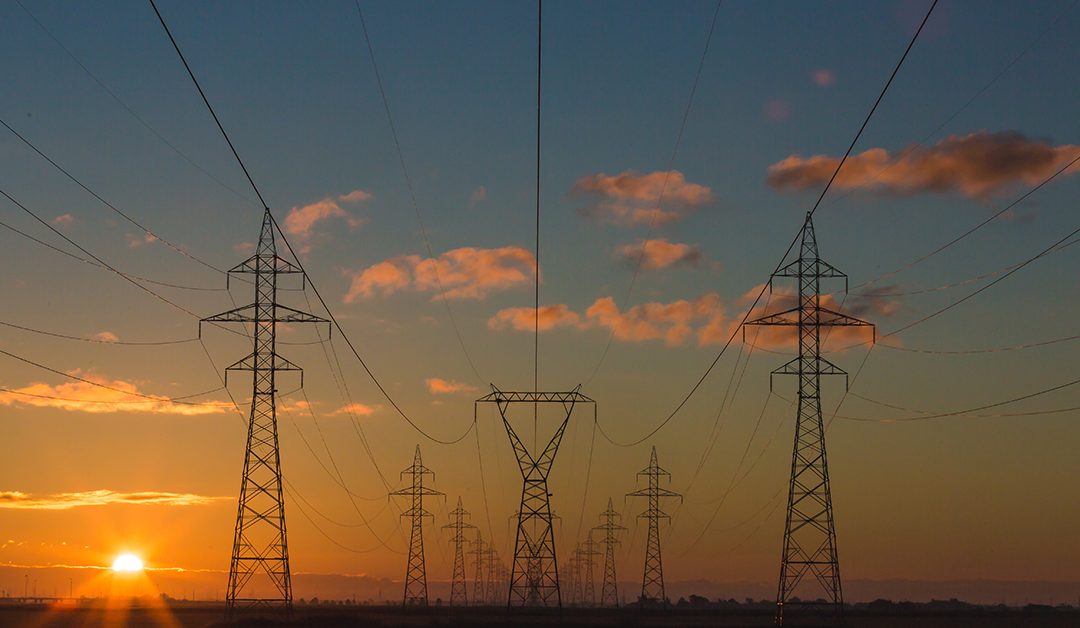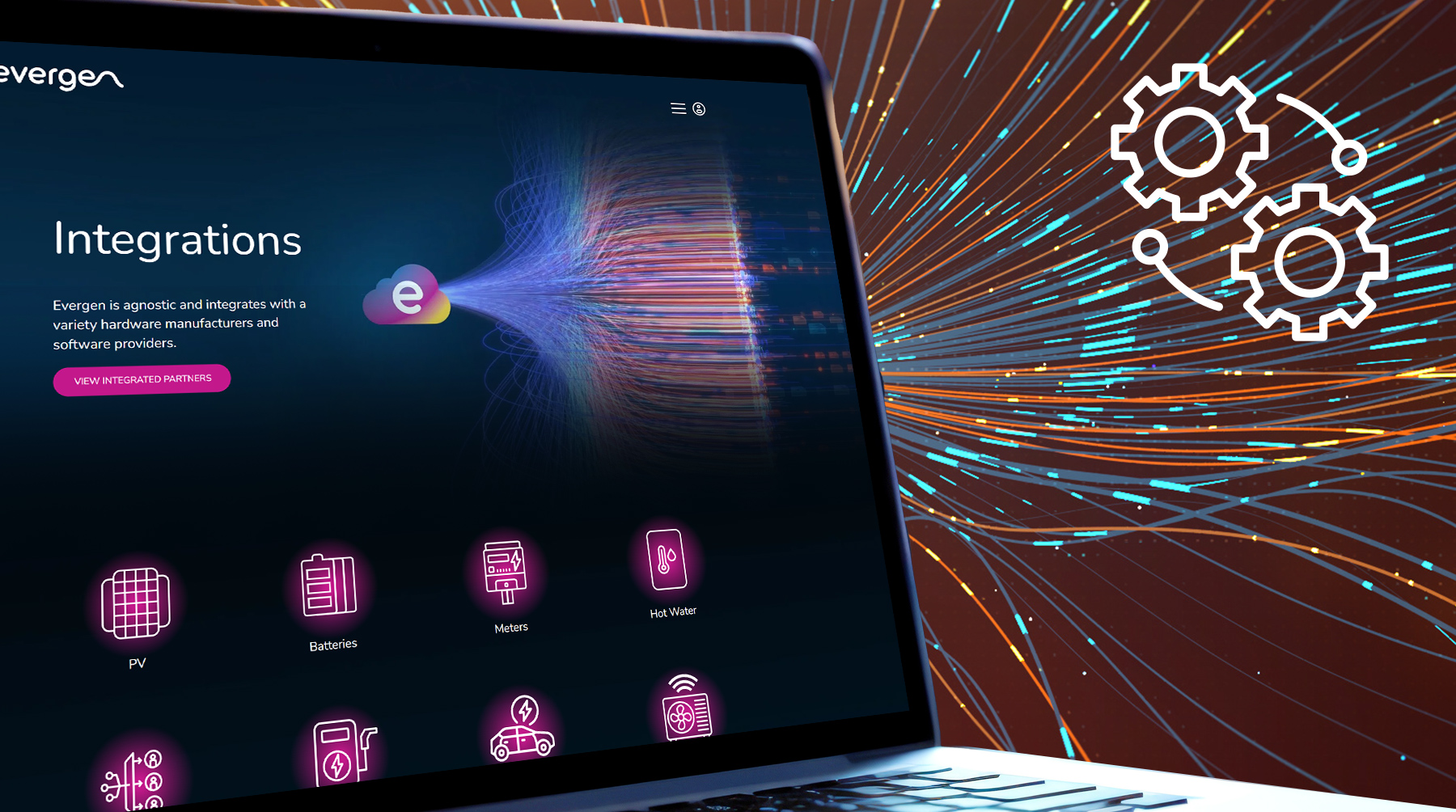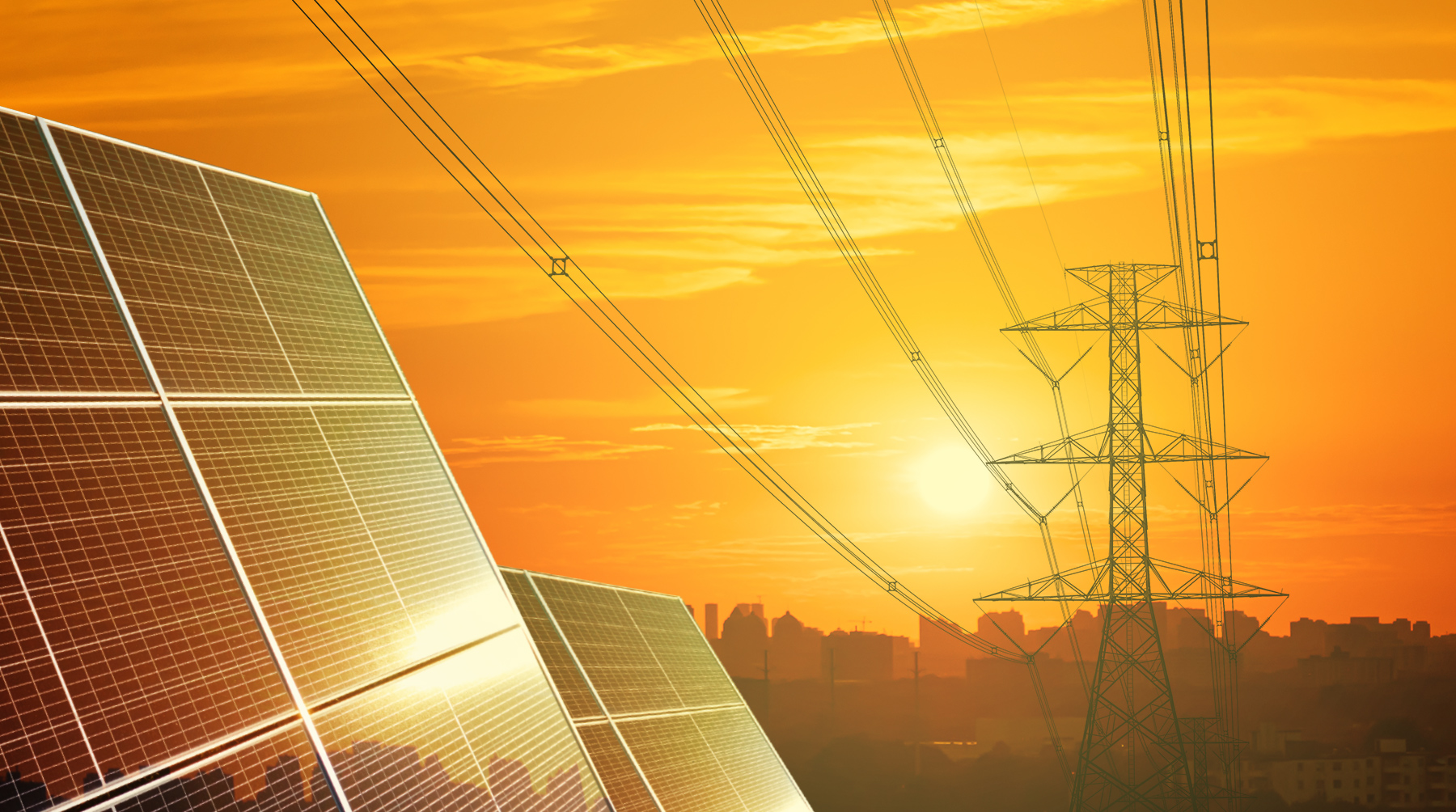When you think of a home being “off-grid”, what do you picture?
You probably see a remote or regional part of the country. There would definitely be plenty of solar panels on the roof. Maybe there is a water tank or two, a vege garden, chickens and most likely a cow.
100% self-sufficient.
But you don’t have to live an extremely remote and self-sufficient life to be able to go off-grid. In fact you can almost do it without changing your 21st century lifestyle at all.
What do we mean by “off-grid”?
In order to understand what ‘off-grid’ means, first you need to understand what it means to be connected to the grid. The grid is an network which delivers electricity from the generator – traditionally energy sourced from coal, gas or oil – to homes around the country.
That means that when we are talking about going off-grid, we are referring to removing the connection from a home to that network. There are different levels of off-grid homes with some permanently being disconnected and running self-sufficiently, to a home that can go for periods of time without using the national energy sources to run.
Why would you want to go off-grid?
There are numerous reasons why someone would want to take their home off grid.
- Being bill-free. We all dread the site of a letterbox full of bills, so the prospect of being power-bill free is enough for many people to take a step towards going off-grid.
- Being emission-free. Here is that clear link between going off-grid and renewable energy again. The prospect of clearing the conscience and doing your bit to help the planet is a huge motivator to take a step away from energy generated by fossil fuels and into renewable resources.
- Being the master of your domain. That is, taking the reins on your home, your energy use and finances. Really though, how great would it feel to throw off the shackles of the big energy providers and take control of your energy?
*Bonus reason – If you’re not grid-connected or grid-reliant, you’re not going to be affected by area-wide blackouts.
If it’s not just one of these reasons, it will be a mix of all three that drive the desire to take a home off-grid.
But the real question is…
Do you really need to go “off-grid”?
The short answer is no.
By taking your home off-grid – either permanently of for periods of time – you are giving yourself autonomy in how your spend and use energy. But you don’t need to go off-grid to do this.
You also don’t need to go off-grid to use sustainable energy sources anymore.
Intelligent home energy systems, like ours, are allowing homes to act self-sufficiently, on green energy, and generate huge savings for homeowners – while still being connected to the grid.
It’s about being smart about how much and when you rely on the grid. The system will actually draw energy from or export energy to the grid, but only when it makes sense to do so.
With the integration of battery storage and the increased use of solar, wind and pump-hydro farms connected and feeding energy into the grid across the country – we are using more green energy today than ever before. You could also be part of that by feeding in excess energy back into the grid – and getting paid to do it.
Many of our customers have experienced extended periods of time where the system (solar and battery) are supplying all of their home’s energy without support from the grid.
The CSIRO technology behind Evergen will assess – based on your home’s energy requirements and over 40 other data points – whether using stored energy or the grid is the most cost-efficient, at that moment.
The best part is, with the Evergen app, it is possible to track your savings, reduction in carbon emissions and how much time you have spent off grid.
Are you ready to take control of your homes energy? Request a quote today.



